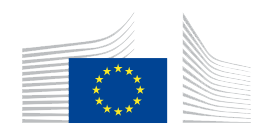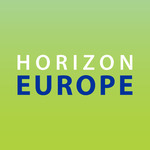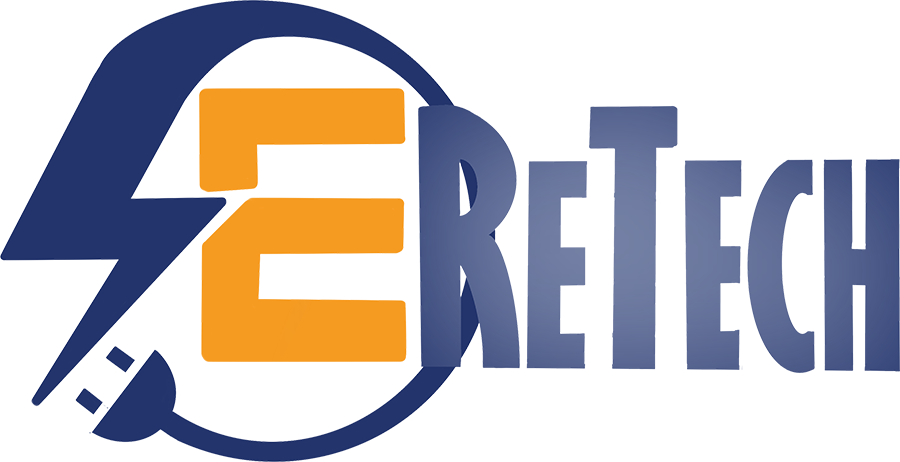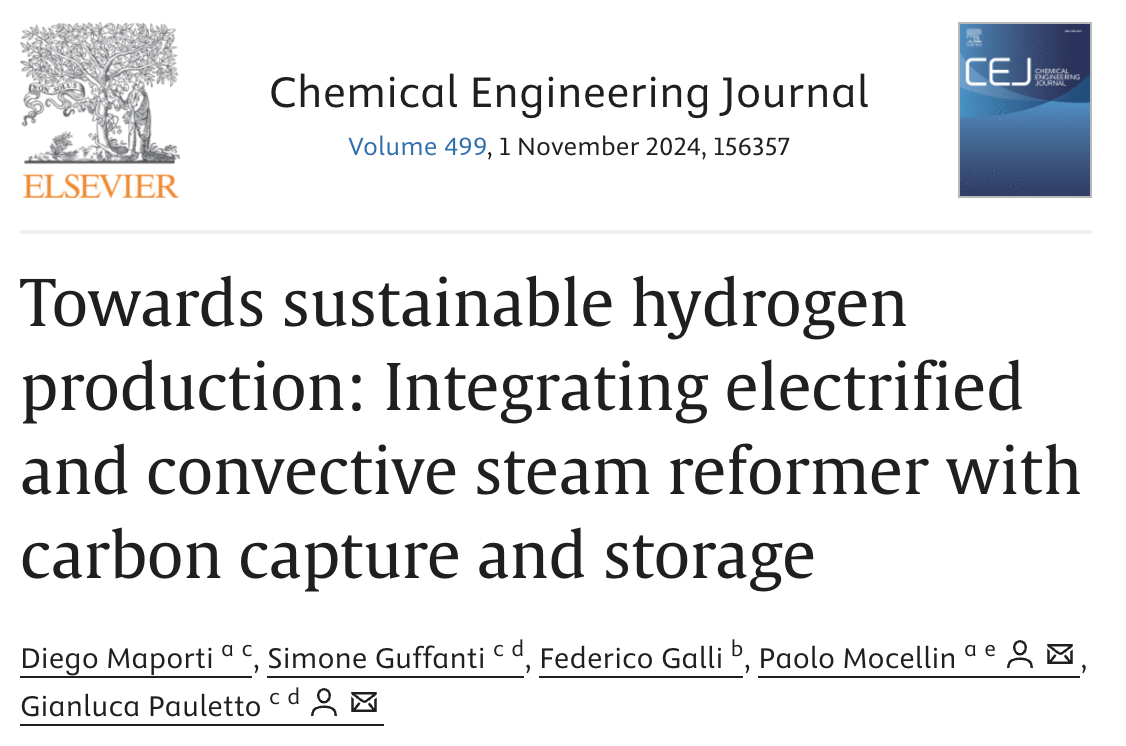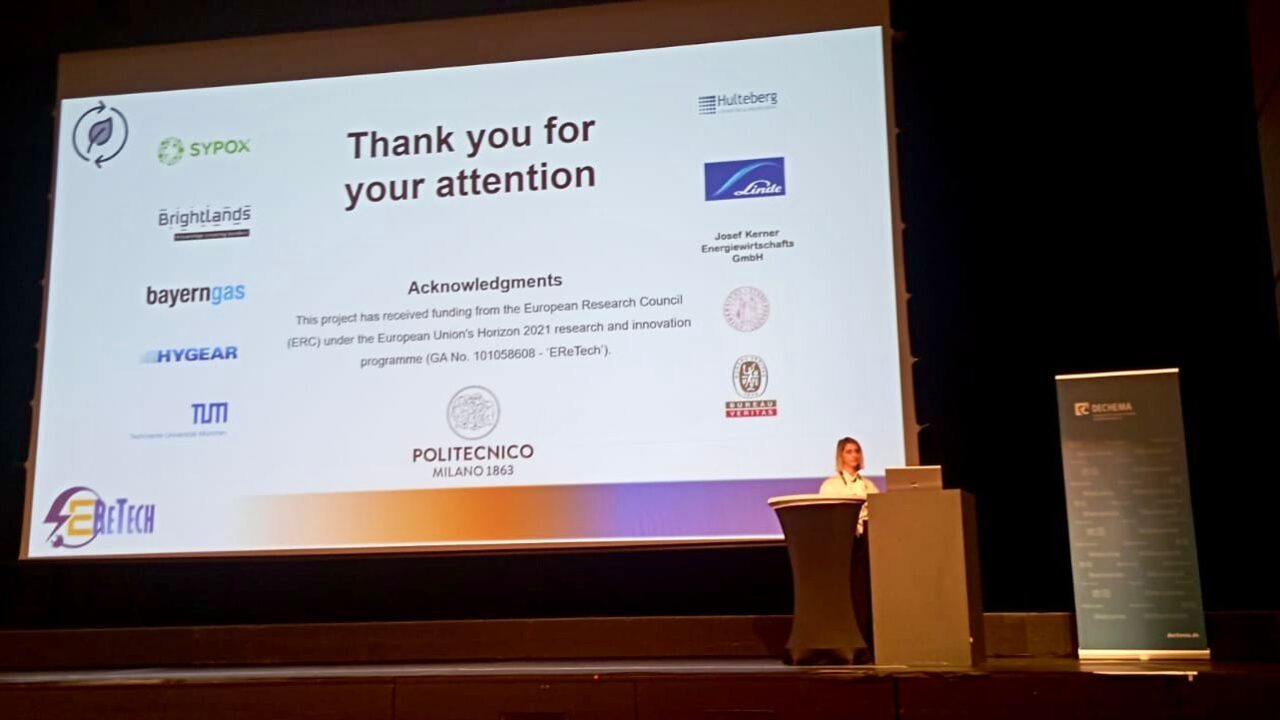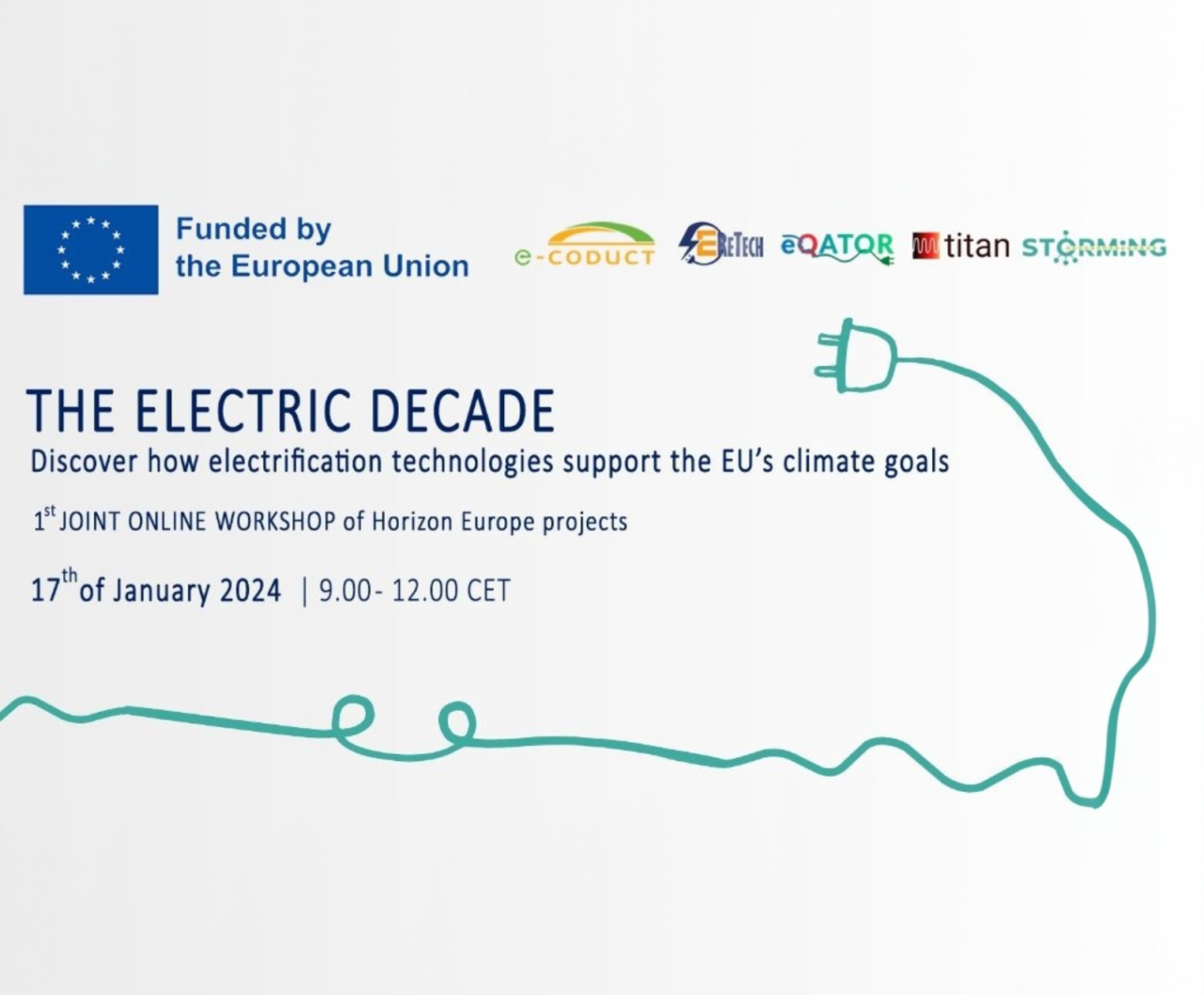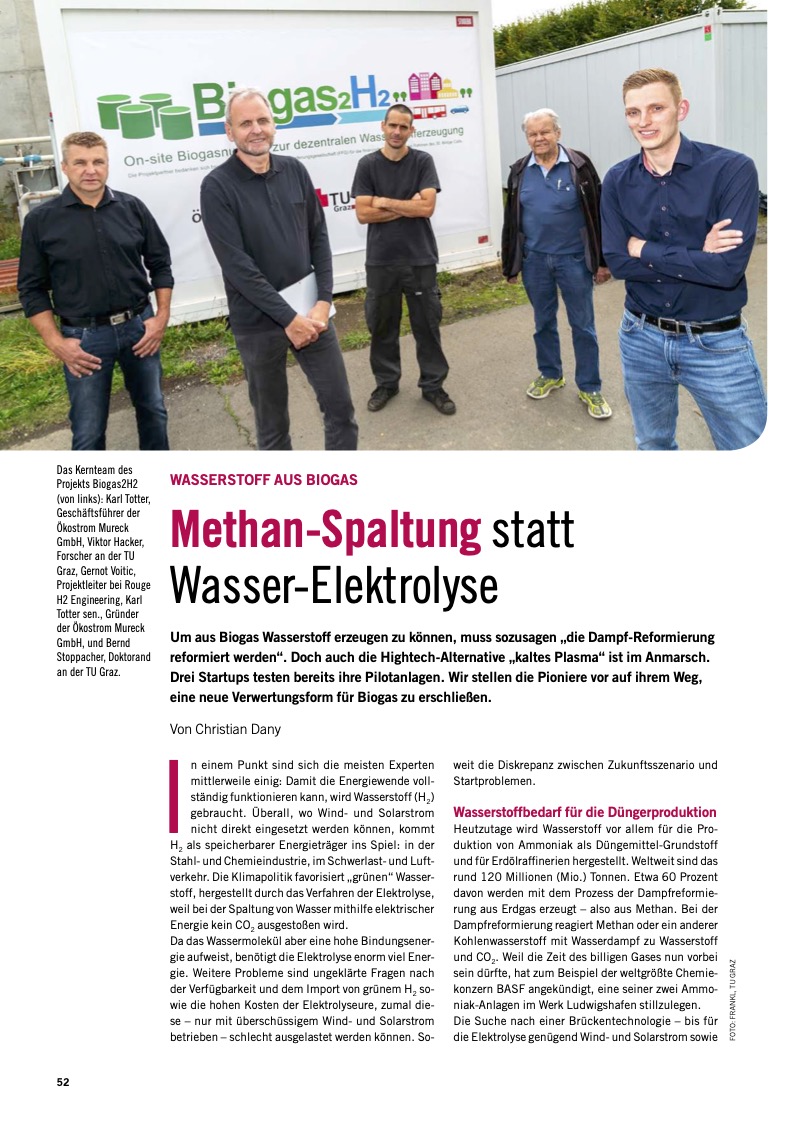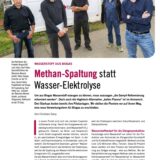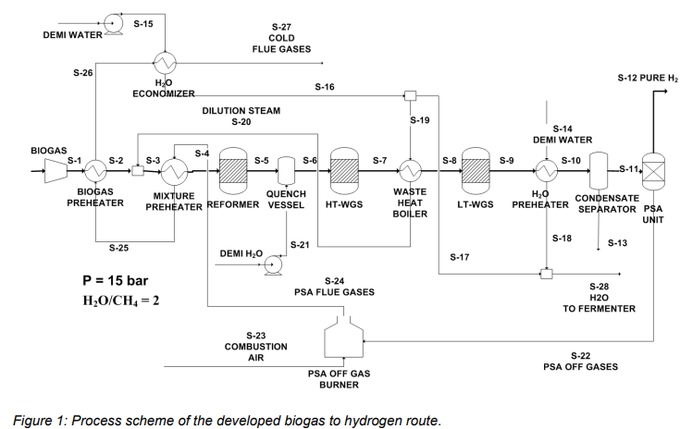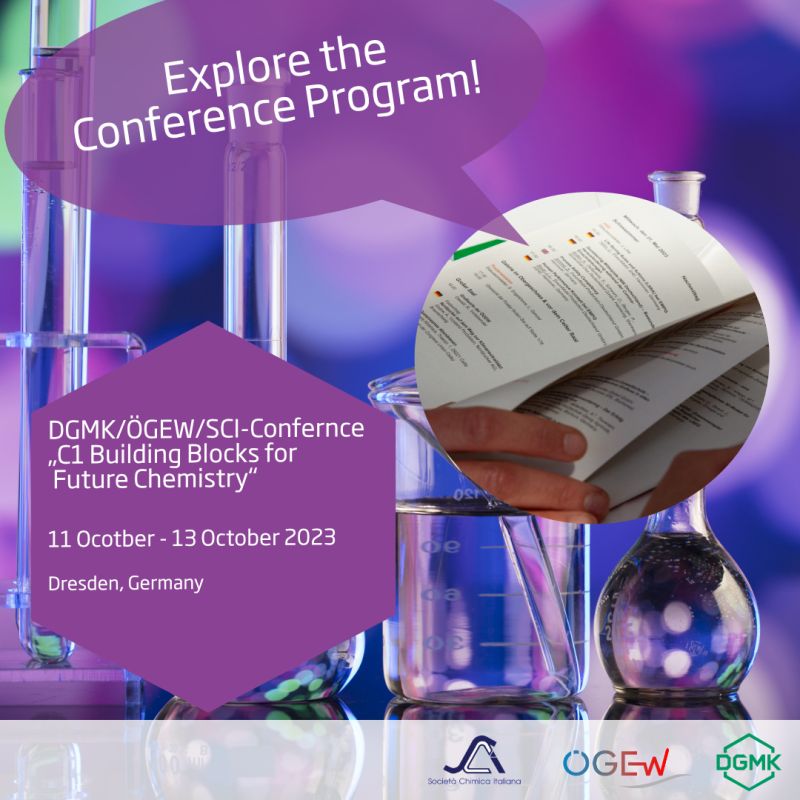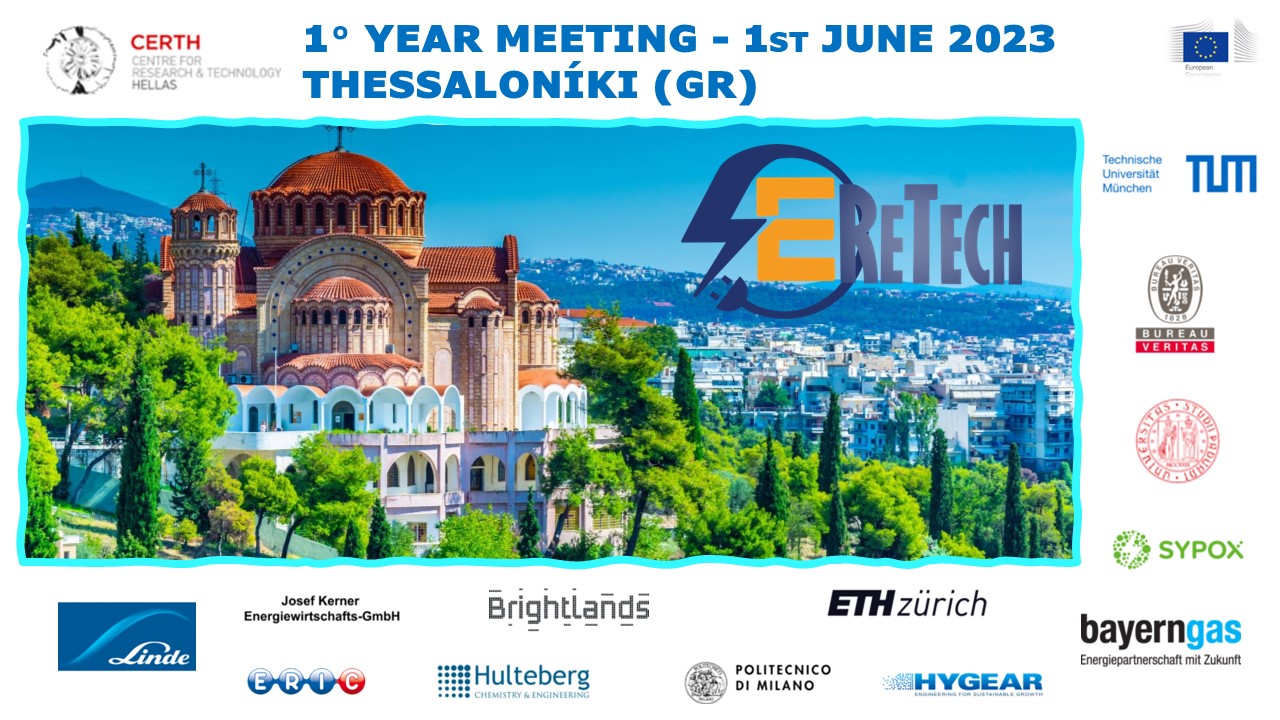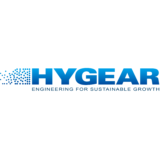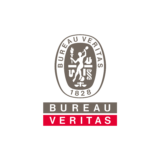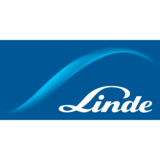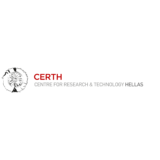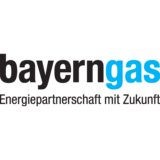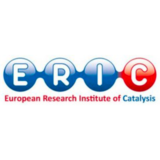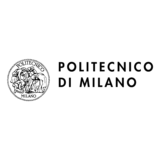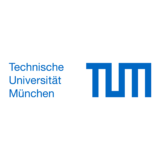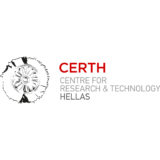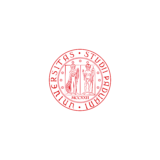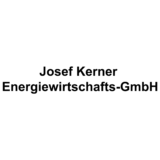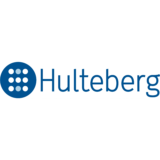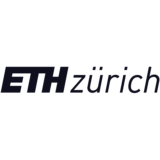Daan Kok, a Project Manager at HYGEAR (Netherlands), the leading provider of small-scale, on-site hydrogen production plants, shares insights into their mission and goals. In this interview, he discusses their work for the EreTech project: developing an autonomous renewable hydrogen production skid, which will be installed and demonstrated at the biogas plant in Dollnstein.
News Archivi - EReTech - EU project Electrified Reactor Technology
Towards sustainable hydrogen production: Integrating electrified and convective steam reformer with carbon capture and storage leads the next-generation hydrogen production plant.
In this article, we have developed an innovative and sustainable new process for producing hydrogen. We have integrated electrified steam methane reforming (e‑SMR) with convective reforming and carbon capture (CCS).
The plant is designed to substantially enhance the sustainability and efficiency of hydrogen production while addressing the major environmental concerns of traditional methods.
Key components of this new process scheme:
- Electrified Steam Methane Reforming (e‑SMR):
- The reactor utilises electric heating. This not only lowers the carbon footprint but also reduces natural gas consumption.
- Convective Reforming:
- The process scheme involves also a convective reforming which integrates the heat recovery. In this way, the overall process efficiency is further increased.
- Carbon Capture (CCS):
- By integrating a CCS step it is possible to further avoid CO₂ emissions.
Plant functionality:
This proves converts natural gas into hydrogen through steam methane reforming. Unlike traditional plants, which rely heavily on burning methane for heat, this scheme uses electric heating to supply the necessary energy for the endothermicity of the reaction.
By optimizing the balance between electrification, convective reforming, and CCS, the plant can achieve high productivity with a minimized energy demand and carbon footprint.
Environmental and economic benefits:
The combination of electrified and convective reforming with CCS enables the plant to achieve a 35% reduction in natural gas consumption and 85% decrease in CO₂ emissions. This makes the plant not only more sustainable but also more cost-effective. The levelized cost of hydrogen (LCOH) is 0.28 €/Nm³ H₂ remains competitive, especially when compared to conventional hydrogen production methods that use CCS.
This innovative process scheme represents an innovative solution to produce low carbon hydrogen. By leveraging process intensification and carbon capture, we were able to develop a cleaner and more efficient solution that aligns with both global efforts to transition to low-carbon energy systems and production cost reduction.
Full technical details in our last publication.
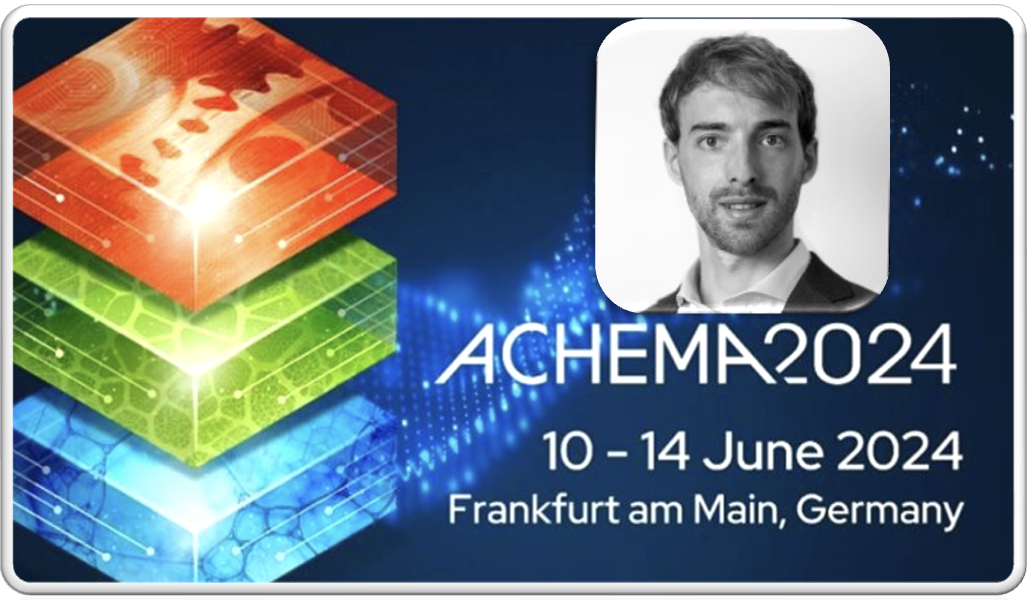
Martin Baumgärtl presented EreTech project at the ACHEMA 2024 conference.
ACHEMA is one of the most prestigious event where researchers, industries and investors meet to discuss new developments and current challenges in the process industries.
Martin, CTO SYPOX GmbH, is Chemical engineer with strong expertise in heterogeneous catalysis, sorption and surface characterisation. His presentation was titled “Scalable Electrically Heated Reactor for Steam-Methane Reforming” and hosted in the session GeCats — Electrifying in catalysis, chaired Axel Behrens, from our partner Linde GmbH, Linde Engineering, Pullach, DE.
Read more about EreTech research and technology in the conference abstract
EReTech Pilot 1 is the first step to allow biogas conversion into CO2-neutral hydrogen using the SYPOX reactor technology. The SYPOX reactor is an advancement of conventional fire-heated steam reformers, where the thermal energy is supplied not by fuel combustion but by integrated electrically heated elements in direct contact with the reacting gas mixture.
Testing the full-scale SYPOX biogas reforming reactor in real operating conditions is the main purpose of EReTech Pilot 1. With an input of biogas from agricultural waste, Pilot 1 produces synthesis gas, commonly known as “syngas”, a mixture composed mainly of hydrogen, carbon monoxide and carbon dioxide. Within the duration of the project, a second full-scale plant, the EReTech Pilot 2, will be installed and used to test the whole hydrogen-producing process, including the syngas post-treatment to pure hydrogen.
The Pilot 1 plant is housed in a twelve-meter-long shipping container, with an electrical input to the SYPOX reforming reactor of 250 kilowatts.
Pilot 1 has been installed at the Biogas plant “Josef Kerner Energiewirtschafts-GmbH” in Dollnstein, Germany. In April 2024, the Dollnstein city council unanimously approved the operational run: this is set for 1500 hours over about two months. The test is solely for research purposes, assessing controllability and regulation for permanent operation.
As the produced syngas has not been used for other purposes at the moment, it is completely flared in a nine-meter-high enclosed chimney. There will be no noise or odour nuisance during the test run, and the combustion process will take place entirely within the chimney.
The EReTech Pilot 1 operations are led by TU Munich, with the technical components provided by SYPOX, which is also the contractor. Bayerngas handles the connections, outflows, and plant integration.
Pilot 2 is expected to replace Pilot 1 and start operation next year in June 2025, producing 400 kilograms of high-purity hydrogen per day, with an intended operational period of 4000 hours.
Pilot 1 and Pilot 2 are designed and built following ongoing laws and standards. Meanwhile, a Life Cycle Assessment and a Techno-Economic Analysis for the industrial replication of the hydrogen-producing plants are also under development.
Watch the interview with Gianluca Pauletto CEO of SYPOX and Angela Lotti Research Chemical Engineer at UNIPD and Visiting Researcher at SYPOX at Pilot 1 in Dollnstein!
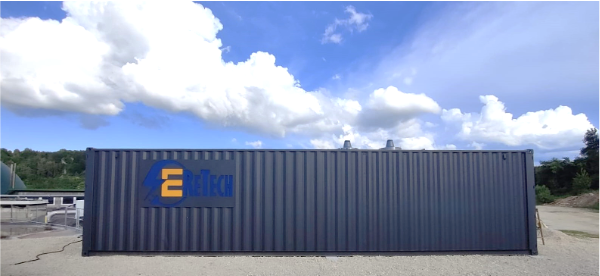
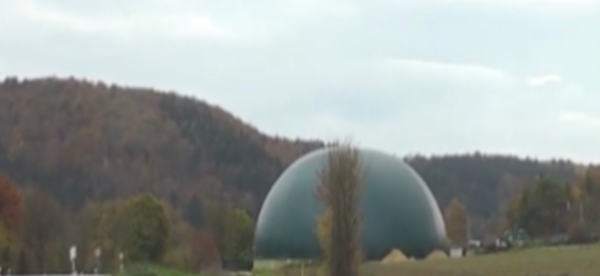
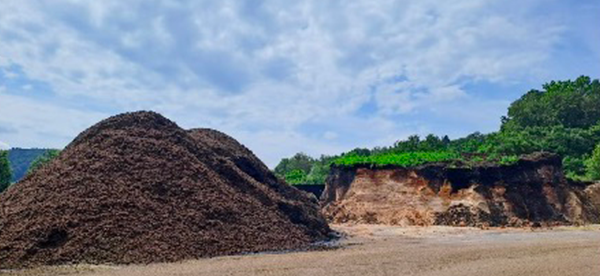
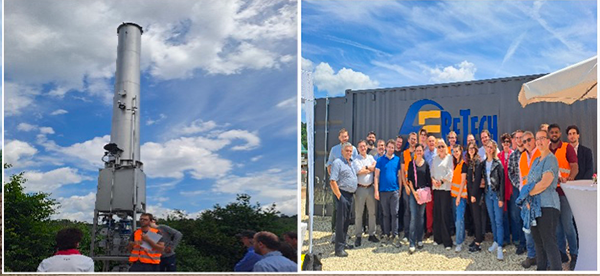
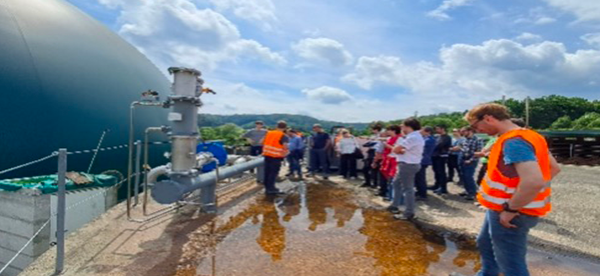
How much important is mathematical modelling in scaling up an Electrified Steam Reformer e‑MSR? Have a look at the brilliant study of our partner Politecnico di Milano presented by Roberta Castiglione at the DECHEMA Annual Meeting on Reaction Engineering and Electrochemical Processes 2024. Abstract available here!”.![]()
Invitation: THE ELECTRIC DECADE
We invite you to join online event: THE ELECTRIC DECADE
Wednesday, 17 January 2024 | 9.00–12.00 CET
It is organised within the framework of EReTech Project carried out in SYPOX GmbH
Highlights:
- Electrification’s role in realizing the Green Deal
- Discussion on challenges and innovative catalytic reactor solutions for the process industry
- CO₂ emission reduction strategies
- Discussions with experts from leading Horizon Europe projects: e‑CODUCT, EReTech, ēQATOR, TITAN in STORMING
Contributors to the debate:
- Franz Hörzenberger, ArcelorMittal
- Walter Vermeiren, Total Corporate R&D
- Gleb Veryasov, TotalEnergies
- Gianluca Pauletto, SYPOX GmbH

- Richard Heyn, SINTEF
- David Farrusseng, IRCELYON
- Patricia Benito, University of Bologna
Dr. Joris W. Thybaut (Ghent University) and Dr. Georgios Stefanidis (National Technical University of Athens) will moderate the event.
Note that registration is required.
The event will be in English.
[INVITATION] — https://e‑coduct.eu/wp-content/uploads/2023/12/2024-Workshop-The-Electric-Decade_invitation_agenda_VF.pdf
Methane splitting instead of Water Electrolysis in producing Hydrogen
The issue 4_2023 of the Biogas Journal of the German Biogas Association hosts an article that explains the pioneering contribution of EReTech Project on new utilization for biogas to produce hydrogen (in German)![]()
EReTech with our Partners SYPOX and Università degli Studi di Padova participated at the E2DT in Milano, Italy, 23–26 October 2022 presenting a study on “Techno-Economic feasibility of #CO2-neutral #hydrogen (green hydrogen) production using renewable resources”.![]()
A‑29_Baumgaertl_TUM_Electrically-heated-reactor-for-steam-methane-reforming_DGMK_oct 2023EReTech recently participated in the conference “C1 — Building Blocks for Future Chemistry” organised by DGMK e.V. on 11–13 October 2023. This conference brings together experts from industry and academia, with a high participation from industry, representing roughly one-third of the delegates. This makes this conference an ideal platform for networking.
The conference will address topical scientific and technological issues around catalysis as an enabling technology, addressing the special challenges of the energy transition and improved sustainability.
Our partner from TUM and SYPOX presented a recent research output with a paper entitled
“Electrically Heated Reactor for Steam Methane Reforming” ![]()
On 1st June 2023 EReTech partners met for their 12th Month meeting of Project, organized by our partner CERTH. Partners reported on project activities and had discussions on how to achieve the best outcomes and project results. Additionally, all partners contributed to future project developments and decisions in order to complete successfully foreseen activities and tasks. Activities and achievements are confidential, but we can report some few notes on the meeting activities!
